January 14, 2021
Five PC faculty receive grants for COVID-related research
By Liz F. Kay
Providence College’s Office of Sponsored Projects and Research Compliance has awarded short-term research grants to five faculty members in a variety of academic disciplines for projects designed to explore issues related to the COVID-19 pandemic.
“COVID-19 has profoundly affected many fundamental aspects of our society and will have long-term ramifications in many key areas of our lives,” said Dr. Kris A. Monahan, director of sponsored projects and research compliance.
Applications were selected based on their potential to seed longer-term research, scholarship, or artistic expression addressing the causes, effects, or consequences of the pandemic. All the chosen projects also provide opportunities for student researchers.
Monahan said Sponsored Research had $10,000 in funding — a portion of which was provided by the Rhode Island IDeA Network of Biomedical Research Excellence (RI-INBRE). The original plan was to offer grants to two or three projects, but ultimately grants were offered to five professors. The recipients will have an opportunity to discuss their research at the end of the spring semester.
Developing a COVID-19 Oral Vaccine for Resource-Poor Countries Using Human Probiotic Yeast
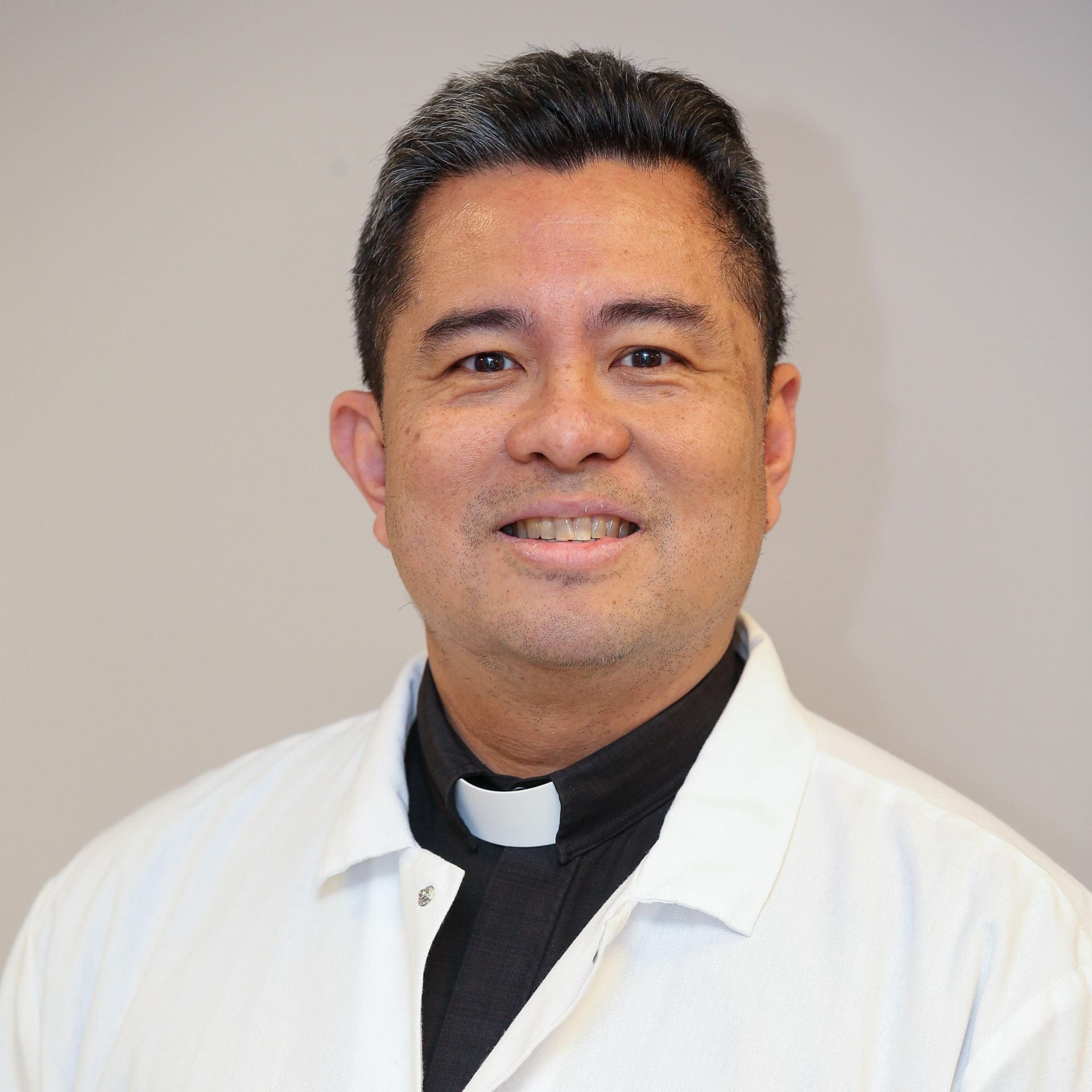
Rev. Nicanor Austriaco, O.P. ’20G, professor of biology and of theology
Father Austriaco, a molecular biologist who studies cell death in yeast, is spending a sabbatical year at the University of Santo Tomas in The Philippines, where he has been working on the COVID response. He hopes to use bioengineer yeast to develop a shelf-stable vaccine that will be easier to transport in developing nations, in contrast to the earlier COVID-19 vaccines, which require storage at very low temperatures.
The Pandemic Prism Project
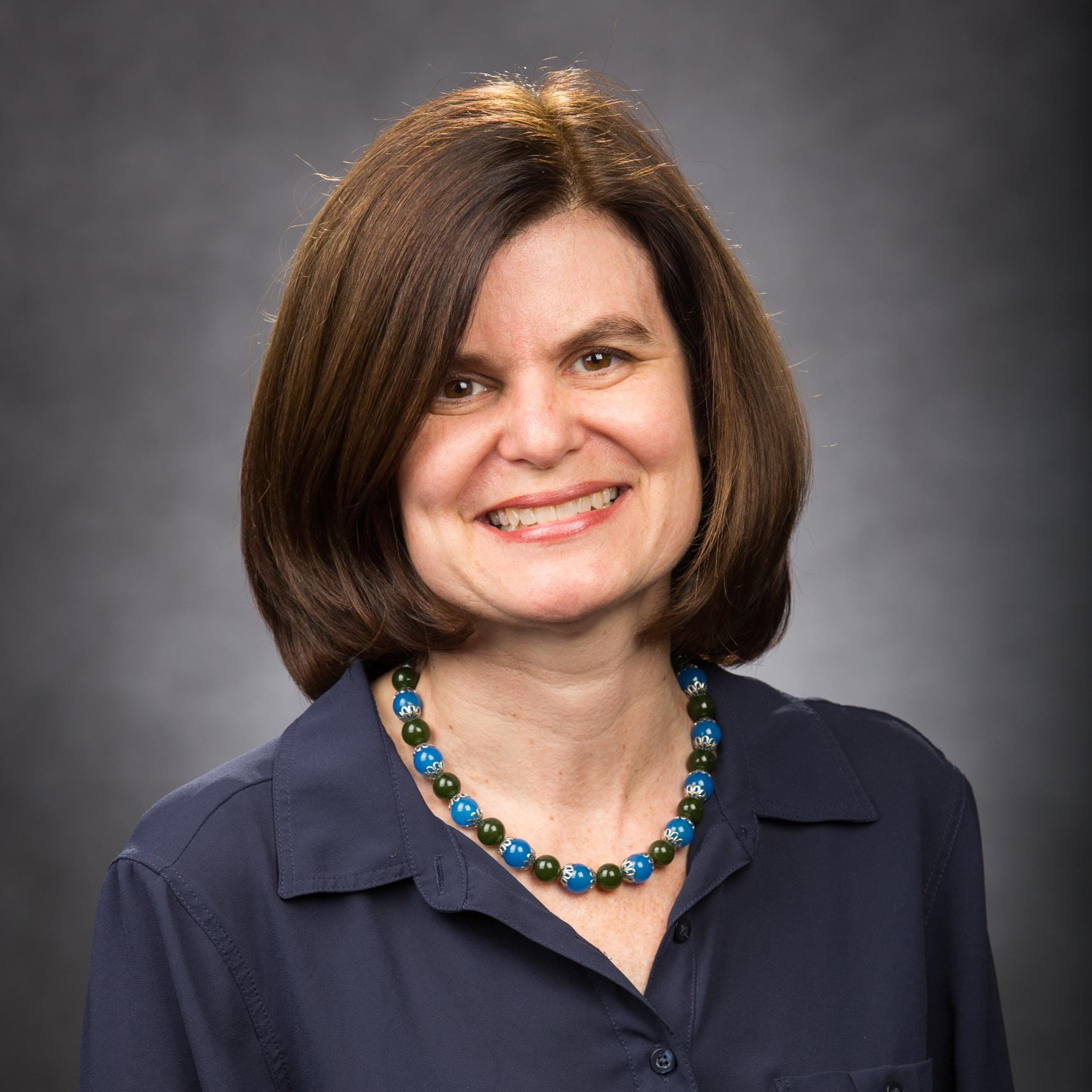
Dr. Licia Carlson, professor of philosophy
Carlson will facilitate and record interdisciplinary conversations with the PC community about the experience of the pandemic. Through panel discussions and a website/living archive, The Pandemic Prism Project aims to provide a unique window into the current moment by examining various ideas, texts, and practices through the prism of the pandemic. This will allow a broad range of voices from the PC community to engage in an ongoing dialogue that will be available for future students, faculty, and staff interested in learning about the responses to this global pandemic.
The Effects and Counter-Effects of Socioeconomic Responses on COVID-19
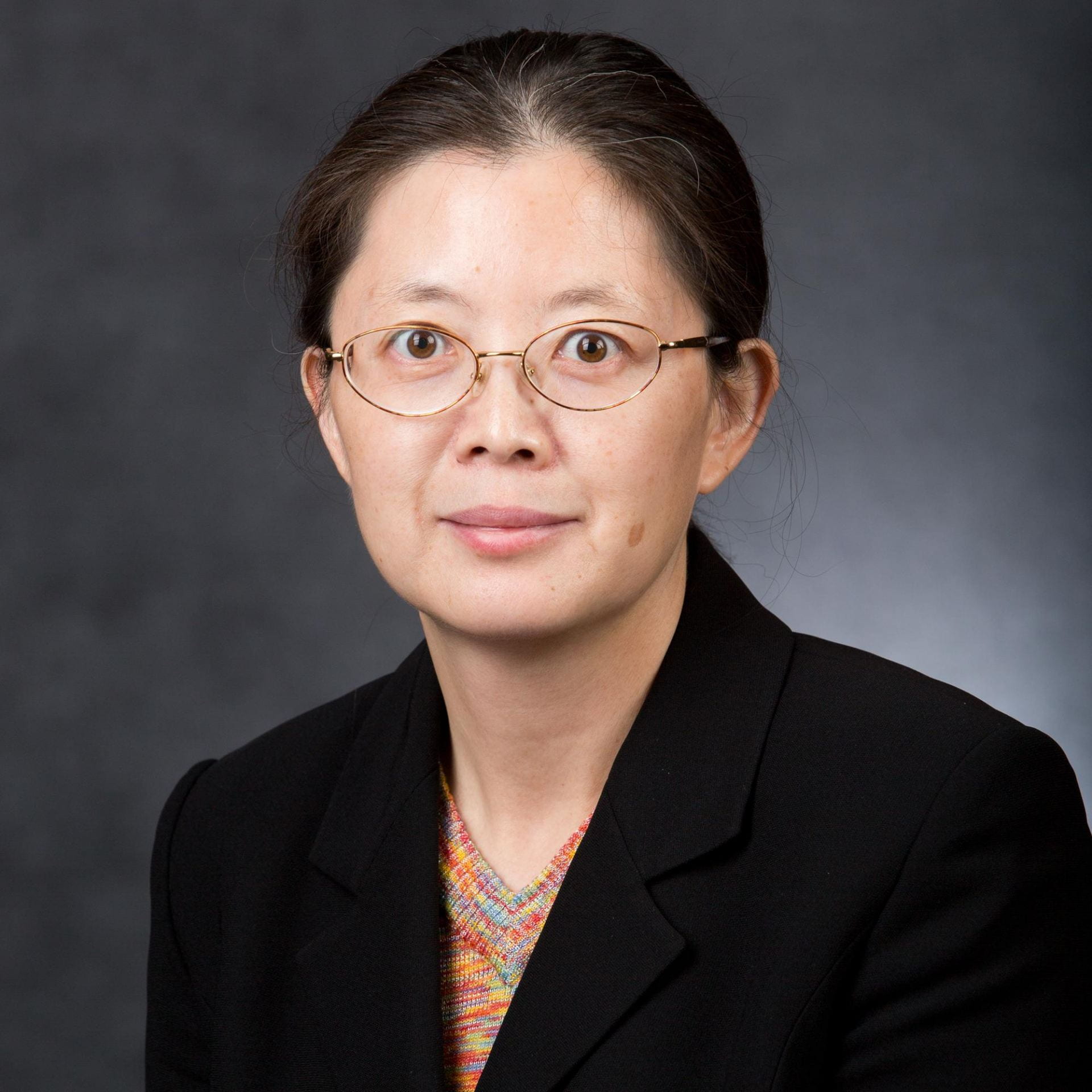
Dr. Fang Dong, associate professor of economics
Dong is collaborating with Dr. Joshua Ping Ang of Rogers State University to compare movement-restriction orders in different countries, with a focus on the United States. They will investigate how the political and cultural structures — democracy, individualism, personal rights — of different countries affect movement restriction orders; how the strictness of orders affected infection or death rates, while considering socioeconomic characteristics; and how the strictness of orders affected unemployment and related data, such as paid leaves of absence and unemployment claims. They also will explore the countereffects of the employment characteristics and the spread and mortality rate of COVID-19 on the movement restrictions.
Ethics of Care and COVID-19: Health Care Workers in Puerto Rico
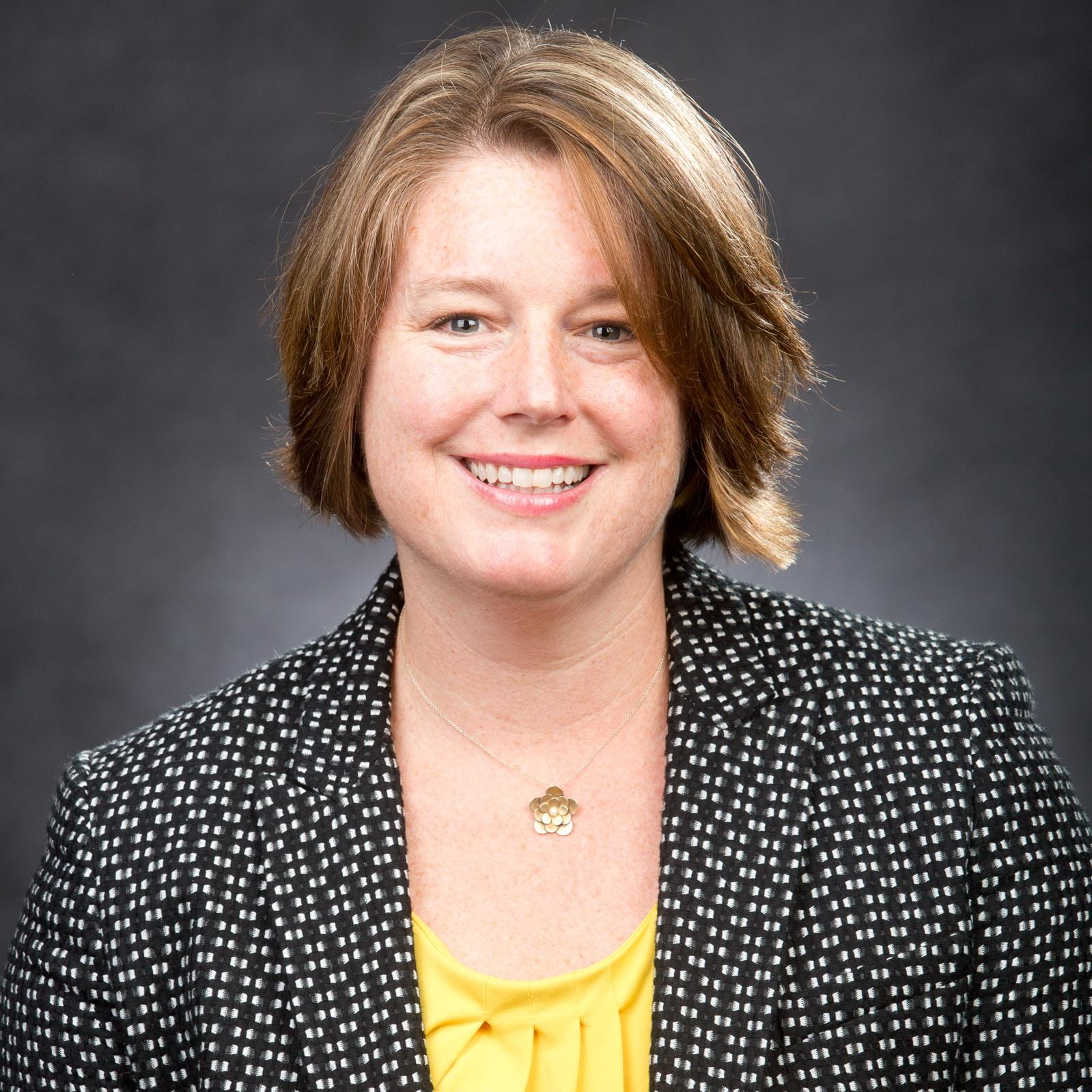
Dr. Jessica Mulligan, professor of health policy and management
Two years after Hurricane Maria, Puerto Rico faced an earthquake swarm, followed by the global COVID-19 pandemic. These multiple, overlapping disasters require health professionals to care for others under conditions of prolonged emergency. With a team of PC students, Mulligan will conduct interviews and focus groups to document how health care workers have responded emotionally and how they have developed new strategies and practices to care for patients.
Pre-service Teachers and Distance Learning in a Pandemic
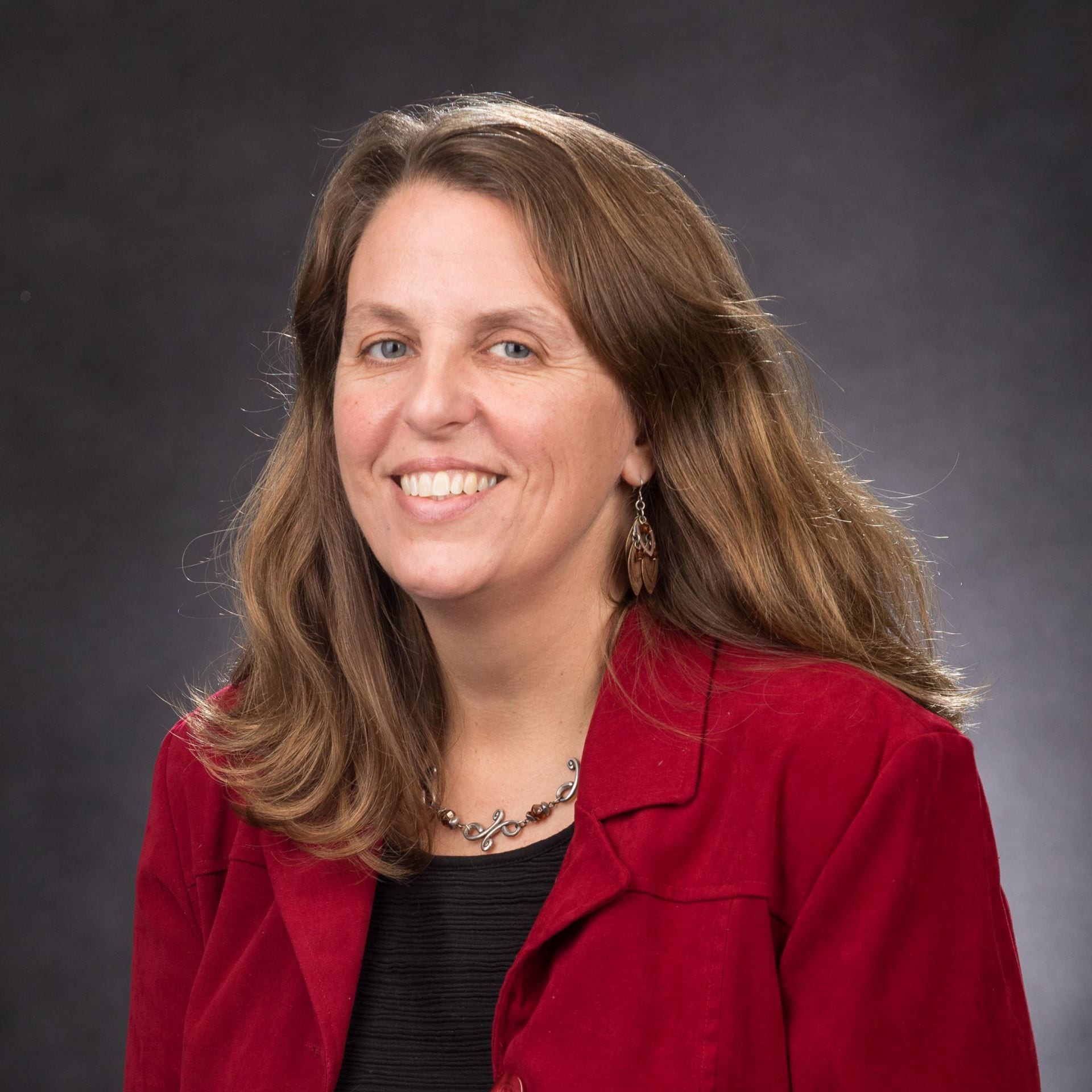
Dr. Marcy Zipke, professor of education
Zipke is working with Lori Dunn, an adjunct faculty member, to survey undergraduate pre-service teachers currently enrolled in methods courses to identify best practices in preparing pre-service teachers during the pandemic. They will explore how synchronous or asynchronous class meetings and assignments, as well as virtual field experiences, affect students’ perception of their preparedness for teaching.





